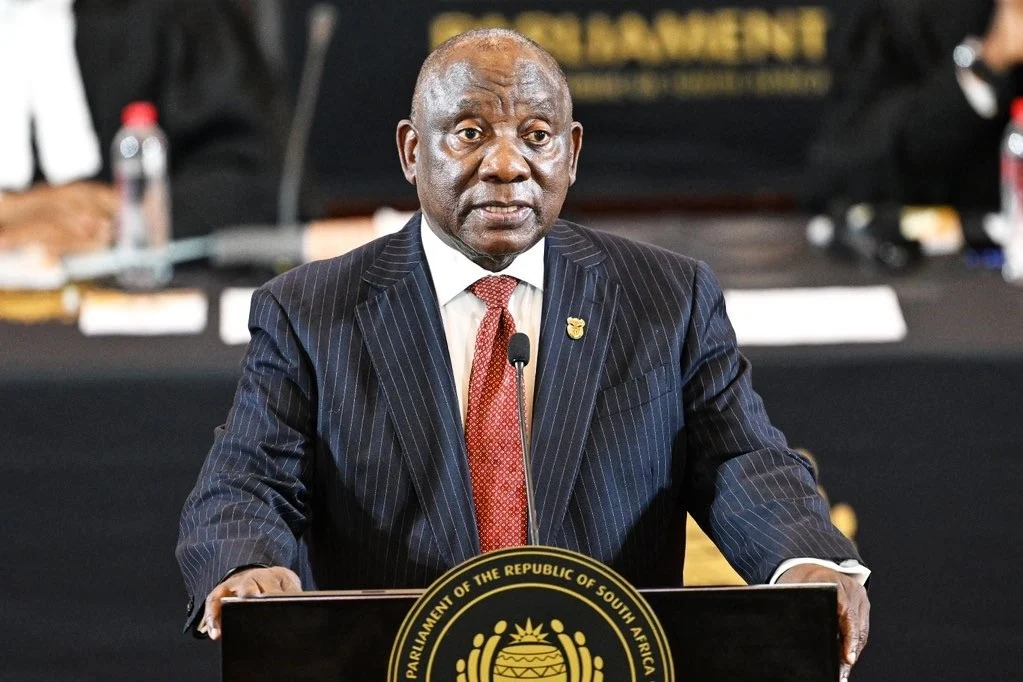South Africa’s President Cyril Ramaphosa has signed into law the National Nuclear Regulator Amendment Bill, strengthening the country’s nuclear safety framework.
The updated legislation broadens the regulator’s oversight responsibilities, covering areas such as decontaminating defence facilities and managing safety measures for airline pilots.
Presidential spokesperson Vincent Magwenya explained that the amendments align the National Nuclear Regulator Act of 1999 with international standards set by the International Atomic Energy Agency (IAEA).
South Africa, as a founding member of the IAEA and a signatory to its conventions, is committed to upholding global nuclear safety practices.
“This alignment is necessary because South Africa is one of the founding members of the IAEA and is a signatory to various international conventions governing nuclear safety, as promulgated by the IAEA.
“The law gives the national nuclear regulator additional functions and provides for the decontamination, decommissioning and closing of national defence force facilities, equipment, machinery and scrap for civilian use,” Magwenya said.

The revised law enhances the regulator’s powers, enabling it to oversee the decontamination, decommissioning, and conversion of national defence force facilities, equipment, and materials for civilian use. It introduces new definitions, updates existing ones, and removes outdated terms to meet international regulatory standards.
The regulator is now authorised to ensure that decommissioned defence property released for civilian use poses no radiation risk. It is also tasked with monitoring airline crew exposure to cosmic radiation at altitudes below 49,000 feet.
“The law now empowers the regulator to exercise regulatory oversight to provide nuclear safety assurance that property of the SANDF designated for release for civilian use will not cause radiation harm.
“The bill signed by the president also empowers the regulator to exercise regulatory oversight over occupational exposure of aircrew to cosmic radiation flying below 49,000 feet,” he added.
The amendments further address the governance and operations of the nuclear regulator, including the terms of its board members, the creation of board committees, and the expanded list of activities requiring regulatory approval.
The law excludes the Defence Act of 2002 in cases involving foreign naval vessels visiting South African waters, citing challenges with foreign forces sharing sensitive vessel details with host nations.


